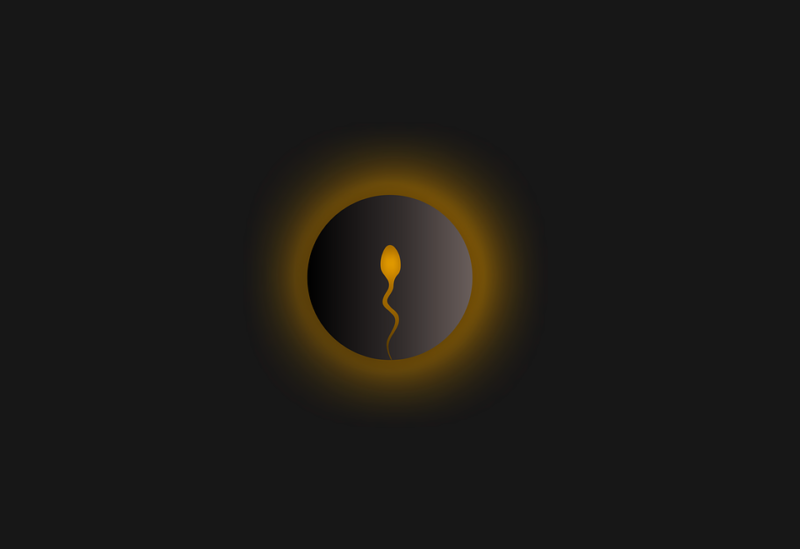If you wonder how long is the egg donation process, it could take at least 2 to 6 weeks, including the screening process. However, since many steps are involved in the whole process, the donation process takes over a month.
You may want to help someone conceive or don’t want to have kids yourself but are happy to know that you helped someone have their little blessings. No matter what your reasons are, it is a good idea to have an egg donated.
Many women choose to donate an egg to centers because of various reasons. An egg donation could significantly help those women who could not fully utilize their eggs due to some complications regarding their reproductive system. Are you one of those aspiring egg donors who want to help someone conceive a blessing? Well, you have to read through this article to the end to know more about the process of egg donation.
Egg Donation
Egg donation is not giving a chicken egg for charity, if that’s what you think, but a woman donating her egg cell to help another woman conceive a child. It is a part of a reproductive technology called ART. Well, the process involves the donor’s egg cell removal from their reproductive system and fertilizing them in a laboratory before inserting them into another woman’s uterus. Know what is egg donation.
How Long The Egg Donation Is
So, how long is the egg donation process? The process includes several screenings processes to determine whether the donor is matched with the patient who will conceive. The screening alone could take at most four weeks or a month to finish. Although the donation process where the removal of the egg and fertilization usually is done within two weeks. Know
Process Of Egg Donation
As you already know that the whole egg donation process could take up at least six weeks; you’re probably wondering what they do within that time frame. So, how does egg donation work? Well, here are the steps on how to conduct an egg donation.
#1. Application
One of the first steps that you have to undergo is the application as an egg donor. Then, you may go through the online application of a walk-in clinic or center. Finally, you may have to enter your demographic information, health history, and travel histories.
#2. Screening
If you pass as a potential donor, the clinic will contact you for the ovarian check-up, where you will examine your reproductive hormones through a transvaginal ultrasound.
You will be oriented on the possible outcomes, the things to expect during the whole process of donation, teaching you how to do injections at home, and the potential risks of donating the egg.
After that, you’ll have a psychological test and a face-to-face session with a mental health care provider. You could do the tests within a day or four weeks.
#3. Inducing hormones
Donors are taught how to inject hormonal triggers into them. The injection will trigger the reproductive system’s ovulation or ovarian stimulation. This will help form the egg in your ovaries.
#4. Egg retrieval
After you have induced the egg production, the next step is the actual egg retrieval process. The retrieval could take up at least 20 minutes to complete. Nevertheless, you will have to stay in the clinic for as many as 3 hours. Some women experience crampy feelings, so they take 1 or 2 narcotic painkillers after the egg retrieval or the next day. However, it would help if you asked your attending physician about that matter.
#5. Follow-up checks
After a week or so after the egg retrieval process, the clinic will call you back and do some follow-up checks. They will inform you about the progress of the donation and the possibility of donating again.
Risks and Side Effects
While most egg donation risks and side effects are relatively low, knowing and being aware of the small risks and side effects doesn’t hurt much. The following are the said risks and side effects after donating an egg.
#1. Bleeding
The bleeding usually happens when the doctor inserts a needle into the ovary. There are cases that the bleeding may damage the bowel movement or nearby blood vessels. However, the possibility is very slim to none.
#2. Hormonal change due to ovulation
Of course, women undergo mood swings and physical changes due to the increase of hormones. The injection used to induce cell-producing hormones responsible for egg making is the source of the sudden hormone level change.
#3. Infertility
Egg donation is a type of lucrative business that being an egg donor could fetch up a good amount of compensation. However, a consecutive donation of eggs could lead to infertility in the long run.
Why Donate Eggs?
Well, there are numerous reasons why you should donate an egg. One of which is the thought of being able to help couples who could not conceive their child even after many trials. Most women, especially mothers, could appreciate what it is like to have a child to care for. But, on the other hand, they must know the agony of not having a child to thoroughly understand the joy they could bring to a couple to complete their family.
Conclusion
Knowing how long is the egg donation process could make you aware of the time you will have to spend donating your eggs. In addition, if you are a beneficiary, you will most likely appreciate the donation more than what you expect, especially if you conceive as planned. It may be helpful to know how much for egg donation.

